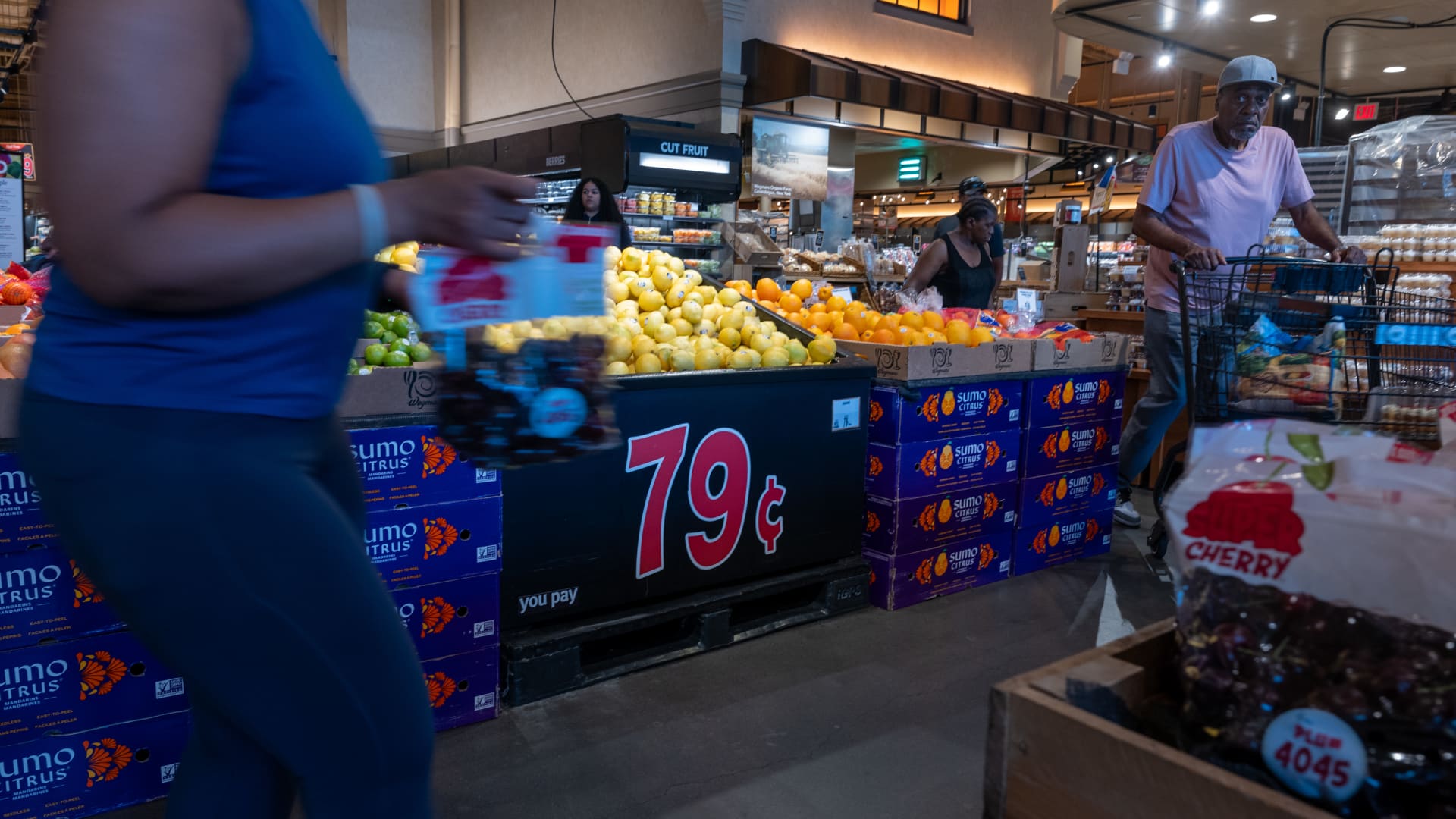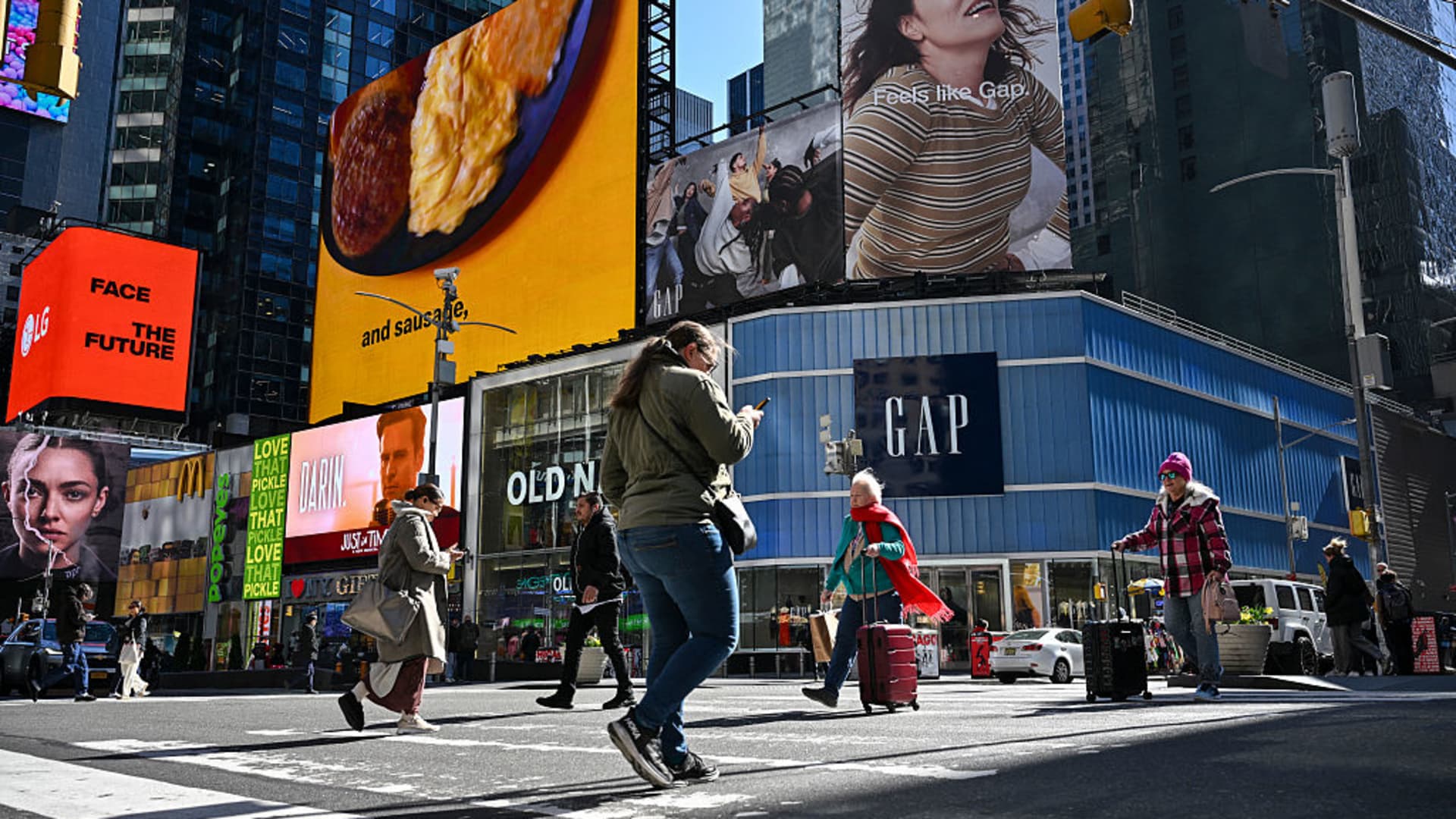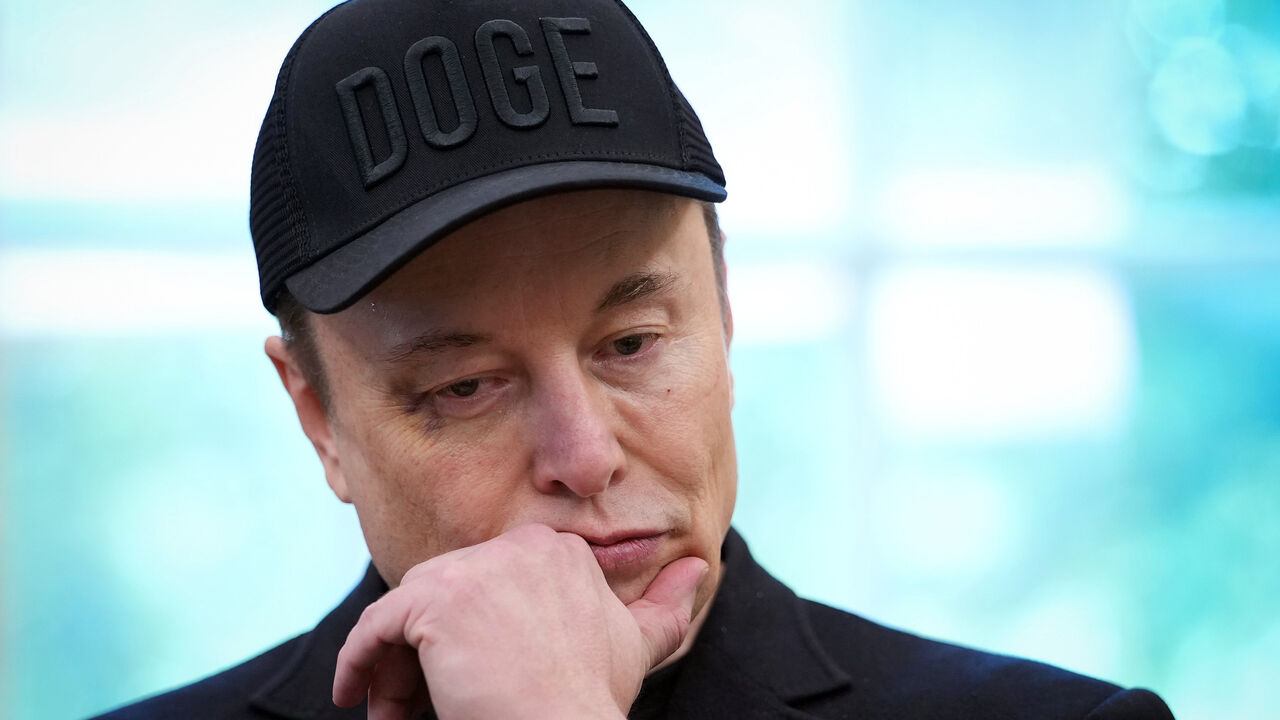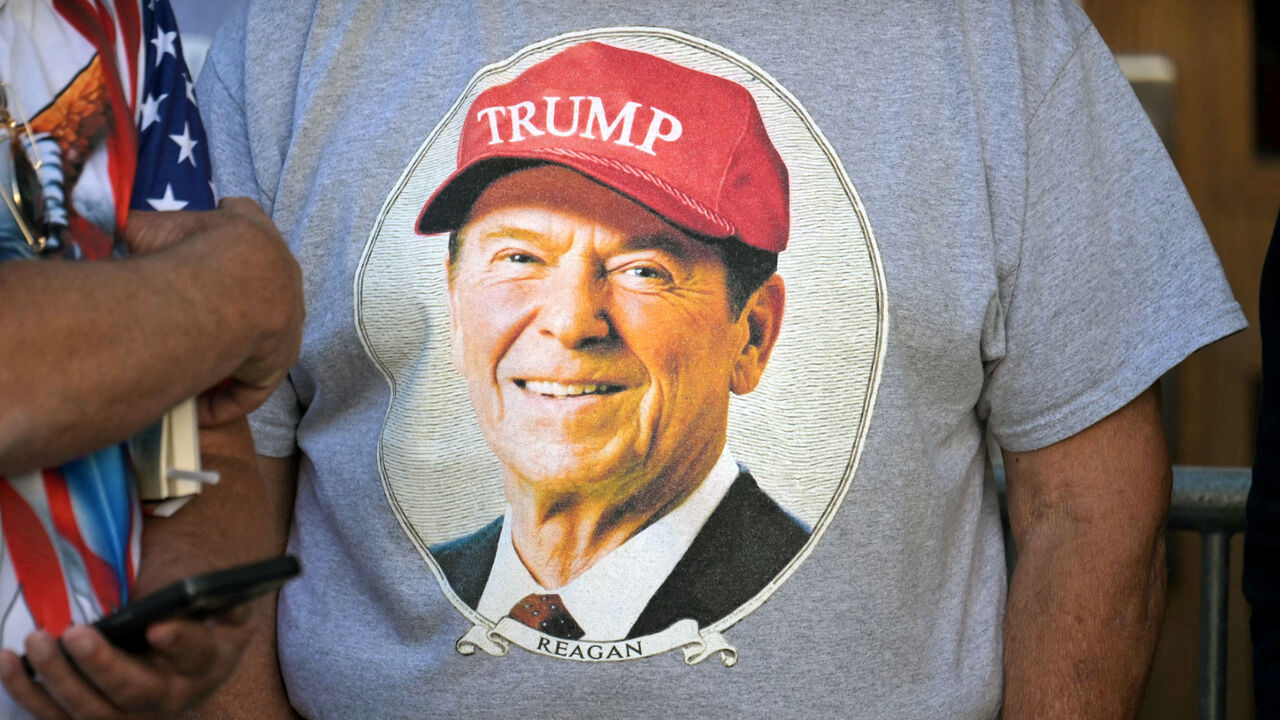Consumers grew more confident in July that inflation will be less of a problem in the coming years, according to a New York Federal Reserve report Monday that showed the three-year outlook at a new low.
The latest views from the monthly Survey of Consumer Expectations indicate that respondents see inflation staying elevated over the next year but then receding in the next couple of years after that.
In fact, the three-year portion of the survey showed consumers expecting inflation at just 2.3%, down 0.6 percentage point from June and the lowest in the history of the survey, going back to June 2013.
The results come with investors on edge about the state of inflation and whether the Federal Reserve might be able to reduce interest rates as soon as next month. Economists view expectations as a key for inflation as consumers and business owners will adjust their behavior if they think prices and labor costs are likely to continue to rise.
On Wednesday, the Labor Department will release its own monthly inflation reading, the consumer price index, which is expected to show an increase of 0.2% in July and an annual rate of 3%, Dow Jones estimates show. That’s still a full percentage point away from the Fed’s 2% goal but about one-third of where it was two years ago.
Markets have fully priced in the likelihood of at least a quarter percentage point rate cut in September and a strong likelihood that the Fed will lower by a full percentage point by the end of the year.
While the medium-term outlook improved, inflation expectations on the one- and five-year horizons stood unchanged at 3% and 2.8%, respectively.
However, there was some other good inflation news in the survey.
Respondents expect the price of gas to increase by 3.5% over the next year, 0.8 percentage point less than in June, and food to see a rise of 4.7%, which is 0.1 percentage point lower than a month ago.
In addition, household spending is expected to increase by 4.9%, which is 0.2 percentage point lower than in June and the lowest reading since April 2021, right around the time when the current inflation surge began.
Conversely, expectations rose for medical care, college education and rent costs. The outlook for college costs jumped to a 7.2% increase, up 1.9 percentage points, while the rent component — which has been particularly nettlesome for Fed officials who have been looking for housing costs to decline — is seen as rising by 7.1%, or 0.6 percentage point more than June.
Expectations for employment brightened, despite the rising unemployment rate. The perceived probability of losing one’s job in the next year fell to 14.3%, down half a percentage point, while the expectation of leaving one’s job voluntarily, a proxy for worker confidence about opportunities in the labor market, climbed to 20.7%, a 0.2 percentage point increase for the highest reading since February 2023.

 Personal Finance1 week ago
Personal Finance1 week ago
 Blog Post1 week ago
Blog Post1 week ago
 Economics6 days ago
Economics6 days ago
 Economics1 week ago
Economics1 week ago
 Accounting6 days ago
Accounting6 days ago
 Personal Finance1 week ago
Personal Finance1 week ago
 Economics6 days ago
Economics6 days ago
 Personal Finance6 days ago
Personal Finance6 days ago




















